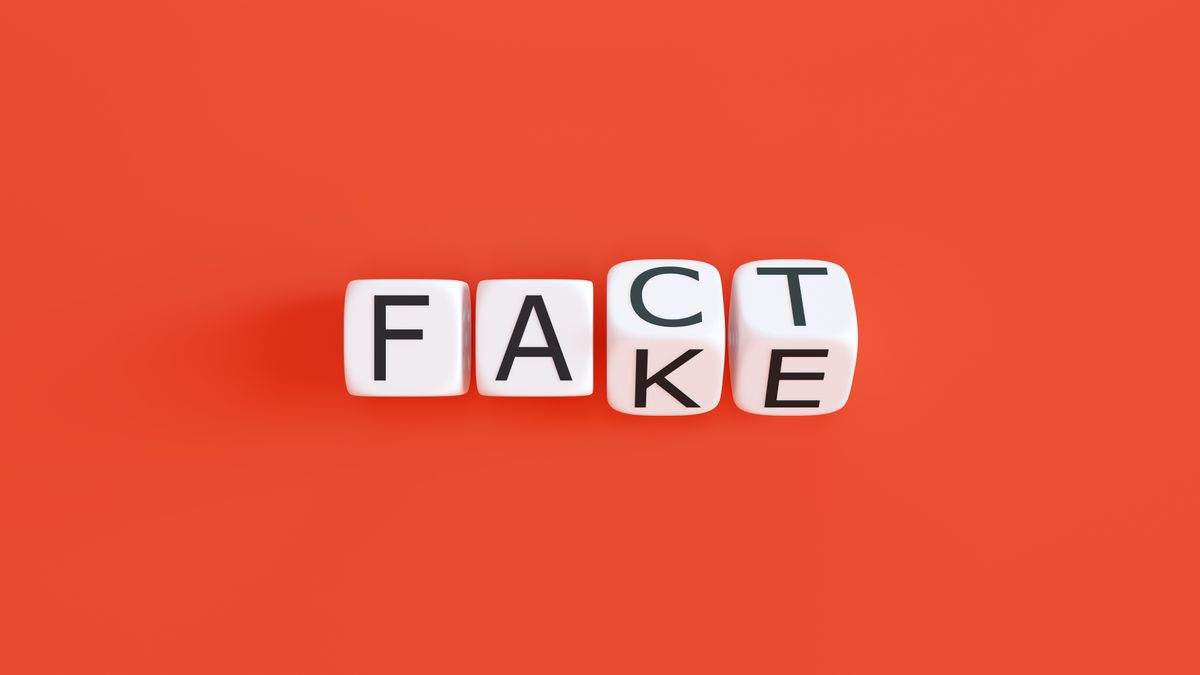In a highly contentious political year rife with misinformation surrounding the 2020 presidential election, racial-injustice protests and the COVID-19 pandemic, an “infodemic” of rumors and false information bombarded the Snopes inbox and kept fact-checkers around the world on the edge of their work-from-home seats. Now, new research suggests that the people who are most likely to fall victim to false news are those who think they are the best at spotting it.
A study published on May 31, 2021, in the Proceedings of National Academics of Sciences found that people who are overly confident in their ability to identify misinformation are actually the most likely to believe and share it on social media.
In short, those who are least equipped to identify false news content are also the least aware of their own limitations and, therefore, more susceptible to believing and disseminating it.
"Our results paint a worrying picture. Many people are simply unaware of their own vulnerability to misinformation,” said lead researcher Ben Lyons in a news release.
To determine a person’s perceived-versus-actual ability to distinguish between false and legitimate information, researchers at the University of Utah turned to two large surveys with a total of 8,285 respondents. Individuals in the survey were asked to evaluate the accuracy of Facebook headlines before rating their own ability to discern false news content.
A majority — 90% of respondents — believed that they had an above-average ability to discern false from legitimate news headlines, yet at least 75% had overestimated their ability. And those who overrated their discernment abilities were found to more frequently visit websites known to spread false or misleading news and share their content on social media, especially when it aligned with their own political leanings.
It’s this overconfidence that makes people more likely to inadvertently expose themselves to misinformation and spread it. If they incorrectly see themselves as skilled fact-checkers, then they may “unwittingly be more likely to consume, believe, and share” false information, especially if it conforms to their worldview, noted the researchers.
“Although Americans believe the confusion caused by false news is extensive, relatively few indicate having seen or shared it—a discrepancy suggesting that members of the public may not only have a hard time identifying false news but fail to recognize their own deficiencies at doing so,” wrote the researchers in the study.
“If people incorrectly see themselves as highly skilled at identifying false news, they may unwittingly participate in its circulation.”
And because respondents were shown to think they are better than the average person at discerning credible news sources, but don’t necessarily have the skillset to back it up, the results suggest that such overconfidence may be a “crucial factor for explaining how false and low-quality information spreads via social media.”
The phenomenon can be explained, in part, by the Dunning-Kruger Effect, a psychological theory that describes a tendency of people being ignorant of their own ignorance. Not only do these individuals lack an awareness of their inability in the first place, but they similarly can’t recognize these errors in others. And because overconfident people fail to recognize their own shortcomings, they are less likely to improve their skillsets.
It is important to note that the researchers say their analyses are correlational, not causal. Habitual exposure to false news might lead to a lesser ability to identify fake news. Furthermore, overconfidence and false news engagement could “mutually reinforce” one another over time.
Regardless, in the age of internet misinformation, the study authors say their work provides new evidence of why people fall victim to misinformation and why they continue to spread it online.
